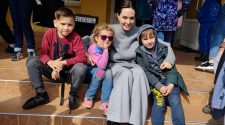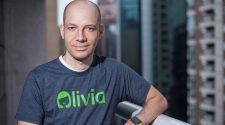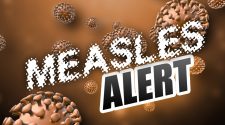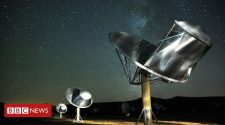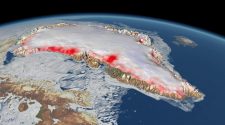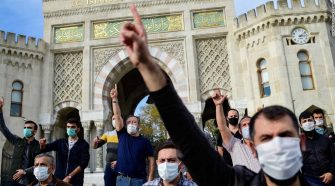The CRISPR story has arrived for the grand telling as a miracle of our age. The proof? At least four popular, mass-market books about the DNA-snipping technology are under way.
Details on the book projects are limited, but they all seem to tease the idea that human evolution itself is at stake now that scientists have the power to alter our genes.
The CRISPR babies born in China last year made that topic more urgent than ever. Now, these four book authors will be in their own CRISPR race to see who publishes first. Here’s the rundown of what we know.
Untitled, by Walter Isaacson
Sources tell us that Isaacson, the biographer of Albert Einstein, Leonardo da Vinci, and Steve Jobs, is having a close look at the CRISPR story, possibly through the eyes of Jennifer Doudna, the University of California biochemist who co-invented the tool and then started warning the world how it could be misused.
We don’t know if the book has a working title, but according to our sources, Isaacson has been in Europe interviewing CRISPR scientists including Emmanuel Charpentier, who teamed with Doudna to make a key CRISPR breakthrough. Since CRISPR’s invention was more a group effort than the work of a solitary scientist, the story may be hard to present as a “genius biography,” Isaacson’s specialty.
Neither Isaacson nor his agent, Amanda “Binky” Urban, at ICM Partners in Manhattan, responded to messages. What’s certain, though, is that Isaacson’s famous name and big-picture pen could put the CRISPR story onto the best-seller list. Expect a seven-figure book deal.
Editing Mankind: Humanity in the Age of CRISPR and Gene Editing, by Kevin Davies
Davies is the editor of the academic CRISPR Journal and previously wrote The $1,000 Genome, a book about the race to make DNA sequencing faster and cheaper. Davies has now sold a CRISPR book to Pegasus Books that is going to have a look at gene-editing research in China and the US and will ask whether scientists are “playing God.”
According to a blurb, the book, due out next year, will track “the scientists on the front lines of its research to the patients whose powerful stories bring the narrative movingly to human scale.”
Davies has had a ringside seat on CRISPR, including last year’s gene-editing debacle in China. His journal published a lengthy paper on the ethics of genetically modifying humans by He Jiankui, the Chinese scientist who revealed he’d made gene-edited twins. Davies was forced to retract the paper for serious ethics and conflict of interest violations.
Mutants, by Eban Kirskey
Kirskey is a cultural anthropologist who will be spending the next academic year at the Institute for Advanced Study, in Princeton, New Jersey. He will be looking at the intersection of gene editing and social inequality, which is going to be a problem if only some people can afford to upgrade their genes. According to a publisher’s listing, Kirskey “plans a deep dive into the international case of scientists, lobbyists, entrepreneurs, and activists remaking the human race through CRISPR.”
The book was sold to St. Martin’s press, according to our sources, but neither Kirskey nor his publisher immediately responded to email messages.
Untitled, by Michael Specter
We’ve been hearing for some time that New Yorker scribe Michael Specter is at work on a CRISPR book, and we’ve spotted him shadowing MIT gene-drive specialist Kevin Esvelt, who has been outspoken when it comes to releasing gene-editing tools in the environment—for instance, to eliminate malaria-transmitting mosquitoes in Africa. Specter previously profiled Esvelt for the New Yorker. Specter did not immediately return an email seeking comment.
Maybe I should write a book myself. I am thinking CRISPR for Dummies meets Mary Shelley.


